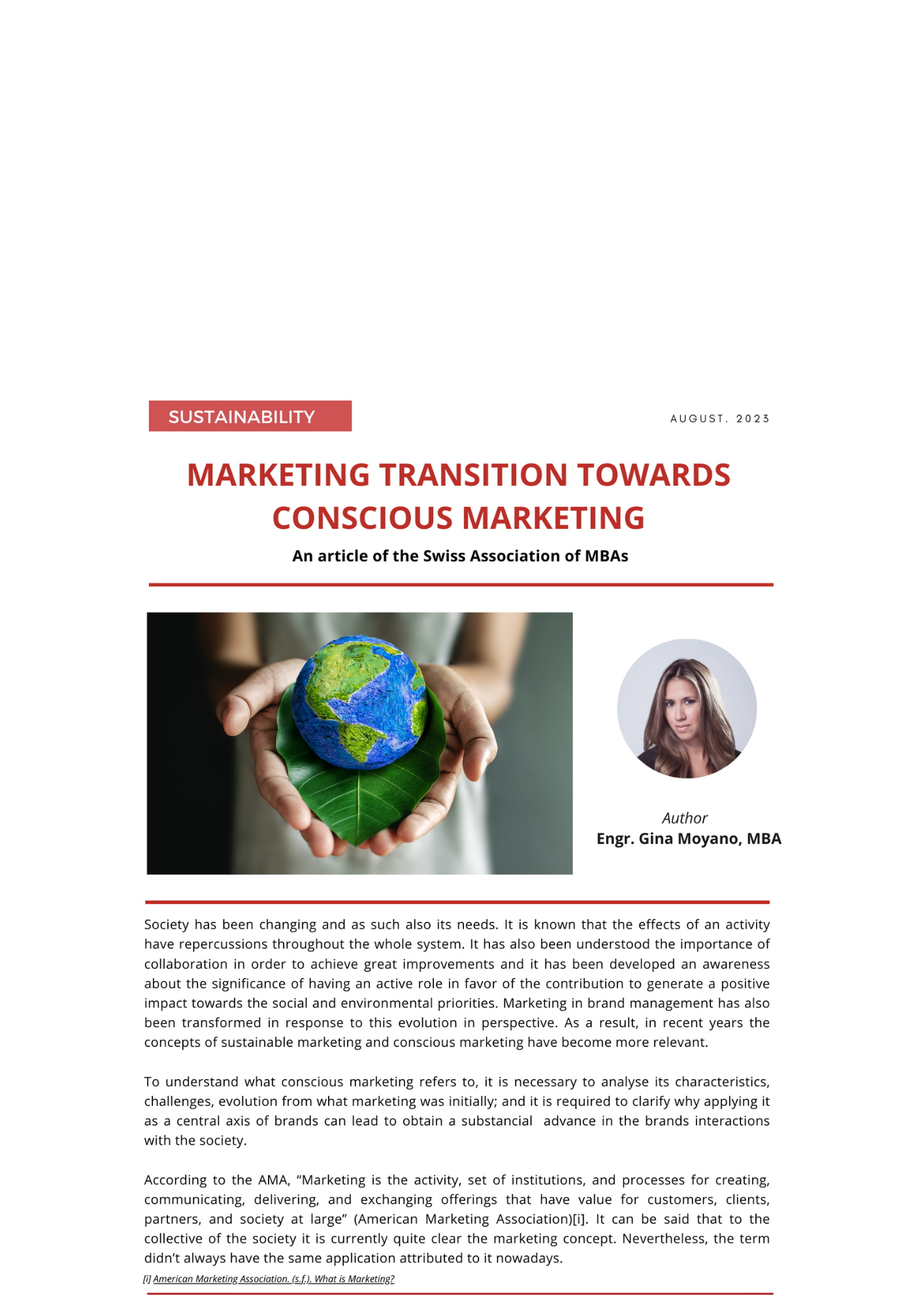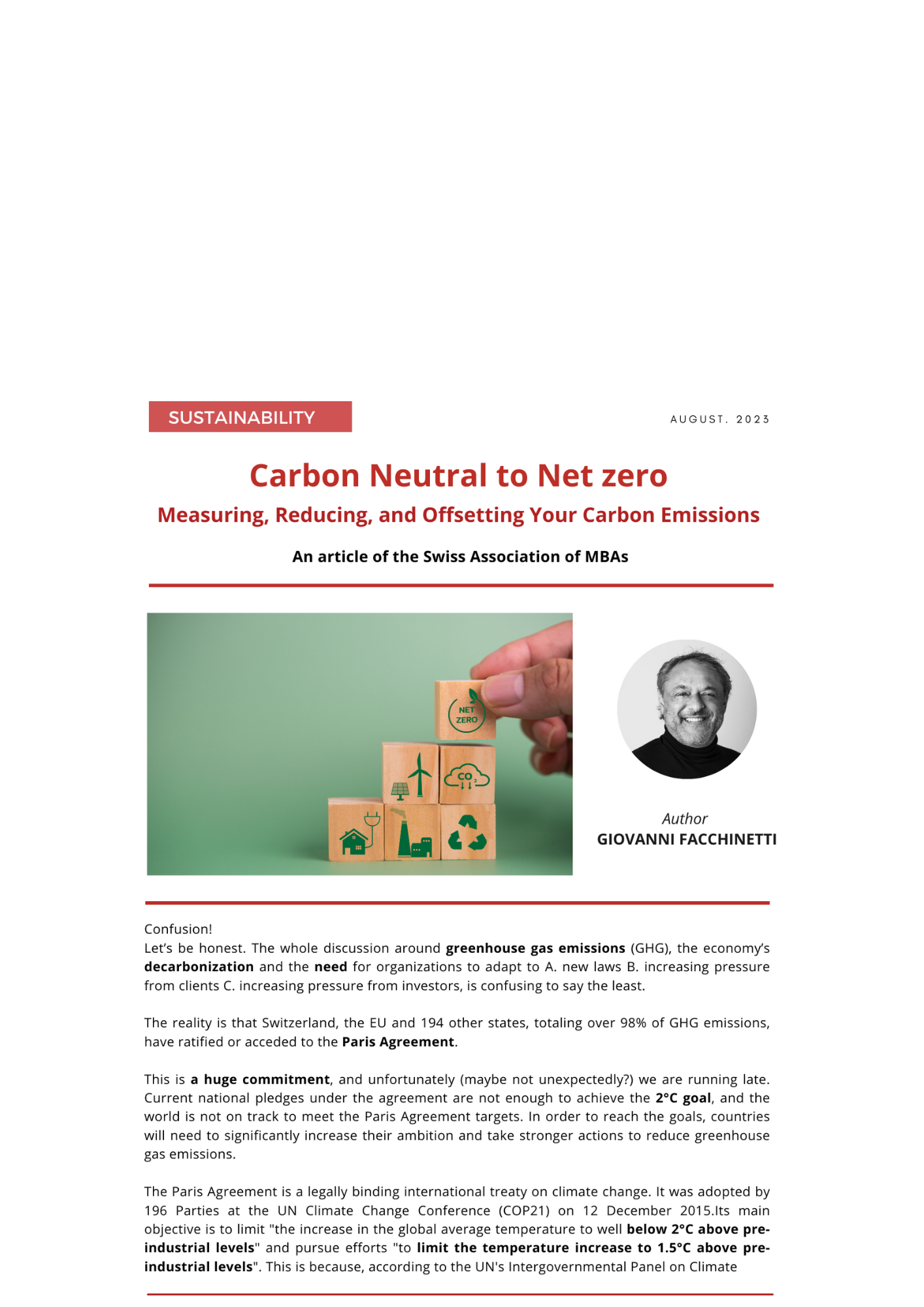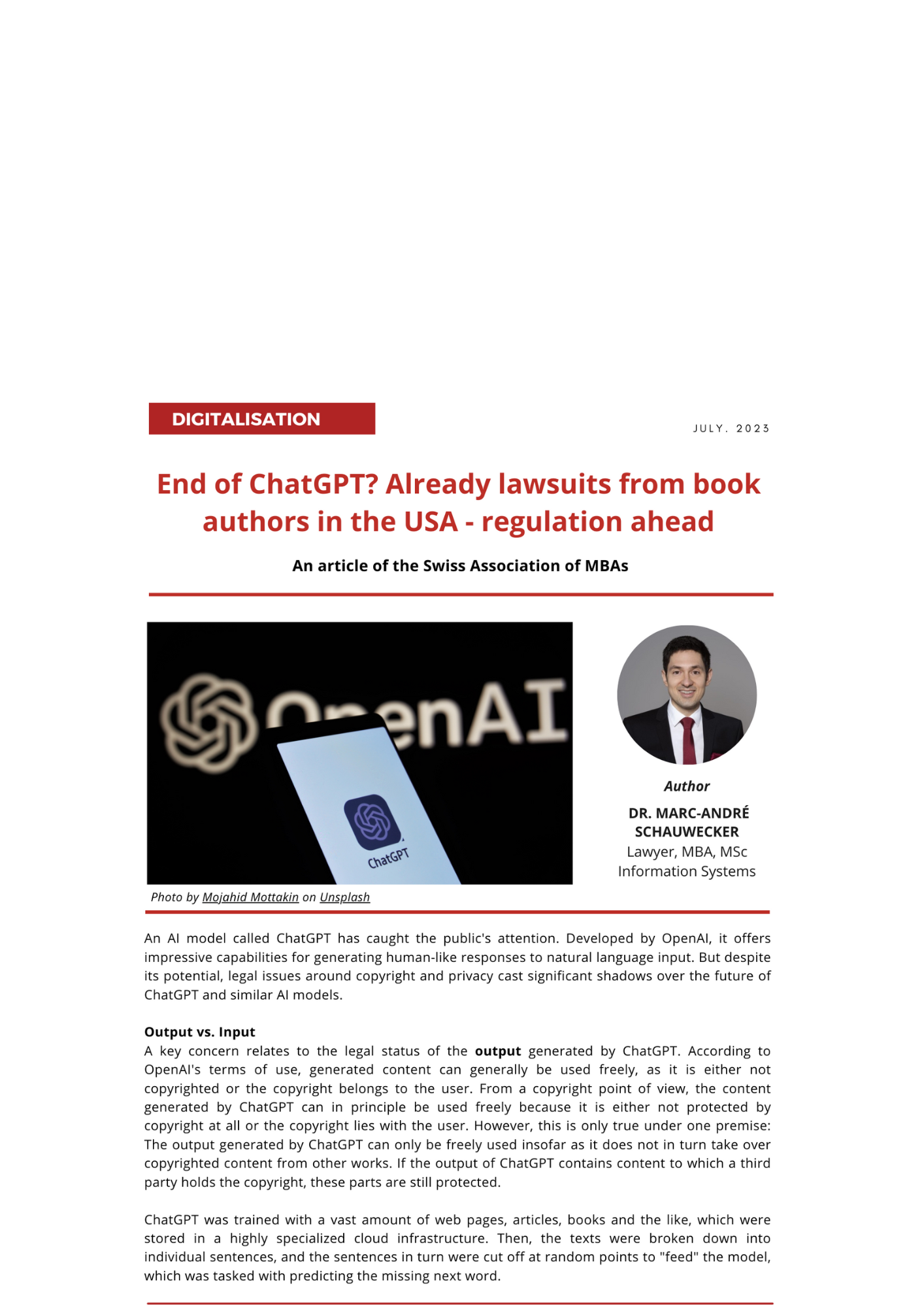
The Sustainability Revolution: rethinking skills gaps
World, 2023.
A new year has started and a new call of duty from the planet is approaching.
Once more, sustainability takes up an imperative space in governments’ agenda as it is resulting from a desperate and immediate help request from the environment.
However, despite the fresh and fashionable side of the topic, it is important to note that the idea and further commitment about sustainable development already started during 1980s, when it entered researchers’ vocabulary as a contemporary popular paradigm.
For instance, we could have found this newly born term in the International Union for the Conservation of Nature’s World Conservation Strategy (1980), in Lester R. Brown’s Building a sustainable society (1981) and Norman Meyers’s Gaia: an atlas of planet management (1984).
Moreover, after a direct strategy was put into action by the United Nations with the aim to identify the long-term environmental strategic steps at an international level, the World Commission on Environment and Development (WCED), also called Brundtland Commission, submitted a report entitled Our common future to the UN in 1987.
From 1980s to nowadays, the publication of new material has never stopped and a lot has been done, both in terms of scientific development on sustainability matters and action strategies applied.
The new millennium has given a turn to what were the objectives planned in the past, so that the world currently adopts greener practices to decrease carbon emissions on a daily basis.
In fact, we may all remember that wind energy developed in the early 2000s, as well as solar energy a few years later, and both of them experience a significant progressive growth over time.
Well, we are definitely in the midst of a Green Revolution.
Every single step in a revolution of this magnitude requires direct human intervention, which in turn means that all the human resources involved must rethink and reorganize all those skills that may be suitable in order to achieve the final goal.
The above also means that labour market undergoes a transformation in terms of additional skills requirements, due to new action required at a sustainability level, as the jobs focusing on it and on the general green sector will increase in all the industries, be it fashion, pharma, finance etc.
According to LinkedIn’s Global Green Skills Report 2022, we are experiencing a “Great Reshuffle”, since the future of work is being completely reshaped and reimagined because of new working models, cultures and values entering corporations and humans’ mindset all over the world.
In order to achieve the green transition, more green talent, green skills and green jobs are required.
But what are exactly all these key elements?
The report clearly defines each of them and offers a general as well as comprehensive directive.
Starting from the green skills, they are defined as those that “enable the environmental sustainability of economic activities”.
These skills are then applied in green jobs, which cannot exist without human resources possessing them.
The report also analyses some nuances of so-called "greening jobs", which only require some of these skills, as well as “greening potential jobs”, which on occasion ask for some level of green skills.
In this scenario, green talents are configured, i.e. those who are registered on LinkedIn and add green skills to their profile, or are working in green or greening jobs.
Indeed, since 2019 we see that the hiring of green talents has been increasing globally, particularly compared to non-green ones.
From another perspective, this is seen in the fact that job postings requesting green skills grew at 8% annually over the past five years; consequently, an increase of green talent share at about 6% was noticed during the same timeframe.
In 2021, Sustainable Development is among the top-skills categories shared among LinkedIn users related to the green labour market, as the share of job postings requiring it corresponds to 27.6%. This category is immediately followed by Environmental Remediation (8.8%) and Environmental Policy (8.6%), respectively representing the skills involving remediation and the ability to act as Occupational Safety and Health Advisor (OSHA).
However, if we had to rank the skills which are most in demand by employers and most popular among candidates, probably some of them such as Remediation, Recycling, OSHA, Climate and Solar Energy would not be among the top winners, even though the last three listed have undergone the strongest growth in the last six years.
On the other side, it is interesting to see that skills not appearing among the top ones still remain extremely important, specifically if they are taken into account at industry level.
In fact, all the areas constituting the giant network of the global economy are heading towards the sustainability revolution by following new specific trends, counting Oil Spill Response, Sustainable Fashion and so on.
Generally, it is highly important to notice that the creation of added value for a company, and subsequently for the environment, goes much beyond the correct identification of the optimal sustainable skill set.
Organizations must also do their part by proactively contributing from their side.
How?
First of all, the change should start from the corporate mindset, as actions only correspond to the application of a shared and consolidated common view.
This always needs to start from the top level.
The leading exponents must constantly set training opportunities, so that all the resources are aligned on a common path, with the aim to address strategic solutions to problems and consequently find out the best modality through which they should plan a commitment on a corporate level.
Sustainability plays a key role in this perspective, and must be included in the reference framework as an aspect to be treated not as isolated, but instead as constantly relevant and continuously evolving.
Several companies are already adopting this new vision and are working on additional directives starting from the Boards, by preserving and stimulating diversity among human resources, i.e. gender, age, internationality and skill sets.
The sustainable human enrichment deriving from an optimal mix of these factors allows entities to occupy an advantageous position on the market with respect to all the problems and adversities the future holds.
About the Author
Lucia Palomba holds the role of Sustainability Officer at the branch of Colombo Wealth SA in Zurich.
In fact, thanks to her background in economic studies at the University of Zurich, she has also been able to deepen and develop her interest about the study of issues related to sustainability and sustainable investing.






